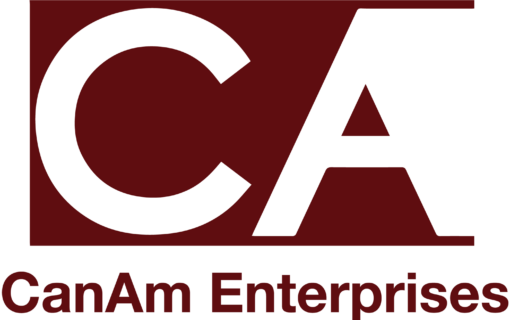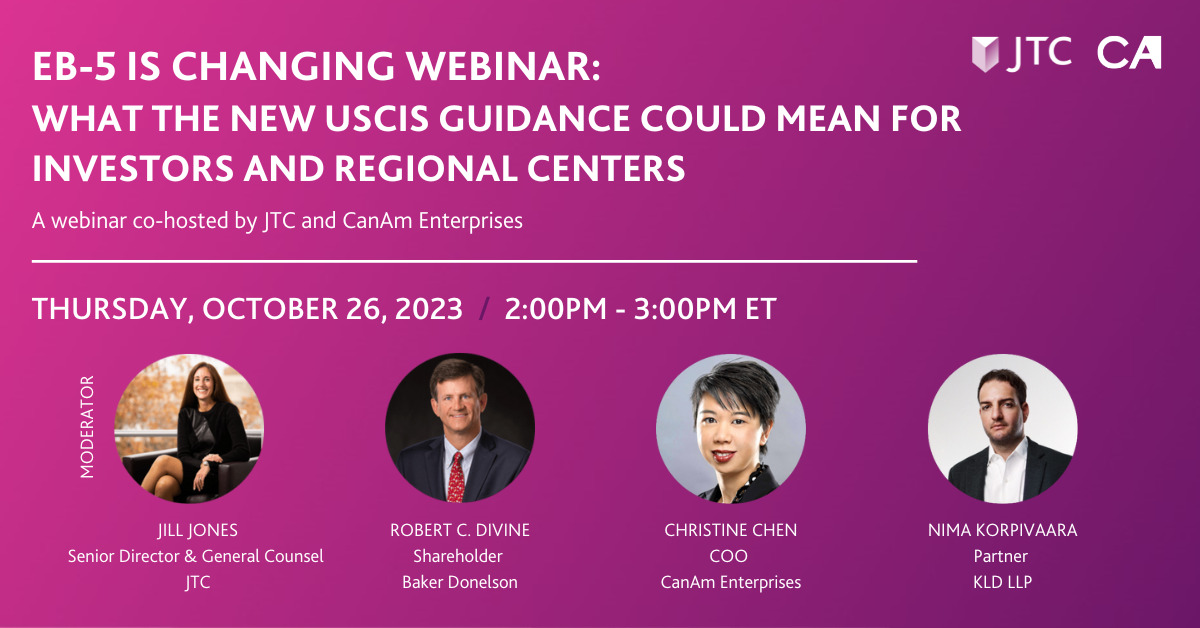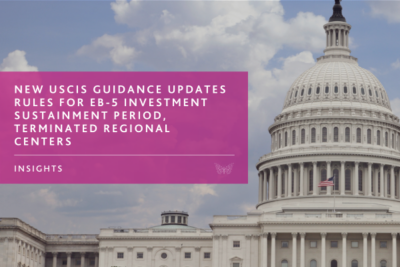Fears about the human and economic toll of Covid-19 have fueled panic and unprecedented volatility in global equities markets.
Investors who have capital invested in the stock market have experienced a wild ride of ups and downs in recent weeks. Many stock portfolios have plummeted in values along with the sharp drop in the stock market. Although the situation is changing day to day, the Dow Jones Industrial Index has plunged from a high of 29,500 in mid-February to lows below 19,000. Even the most savvy investors are finding it difficult to predict what may happen next.
So, how can investors preserve capital, and even endeavor to build wealth, in this unsteady climate? The recent volatility highlights some fundamental investment practices to follow.
Portfolio diversification
Building a diversified investment portfolio across different types of assets helps to reduce risk, create more stability in portfolio values, and potentially, even contribute to a better overall blended return. As recent events have shown, having 100% of assets invested in stocks creates a big risk exposure to volatility caused by sudden events or news headlines. That is why it is important to diversify holdings across different types of assets, such as stocks, bonds, mutual funds and hard assets, such as real estate, that are less susceptible to short-term shocks.
Investors also need to strive for diversification within asset types. For example, when investing in stocks or real estate, it is important to invest across sectors to avoid risk of a downturn in certain industries or sectors. For example, COVID-19 is having a broad effect on the global economy, but it is especially acute in hospitality and travel businesses, such as hotels, restaurants and airlines.
Increase cash reserves
During times of volatility it is wise to increase cash reserves to maintain liquidity that will help to weather some of the negative impacts of a downturn, such as an unforeseen reduction in dividend income or lower stock values that make it less favorable to sell assets to access capital. Having access to “dry powder” also gives investors more flexibility to take advantage of new buying opportunities that could emerge in a downturn.
Flight to safety
Market panic often sparks defensive investing strategies or a “flight to safety”. In an environment where many areas of the economy could be negatively affected, the question is where those safe havens for capital exist. Although there is no easy answer to that question, capital tends to gravitate towards best-in-class options.
In the stock market, that often means that capital flows to large, “A” credit rated companies that are well capitalized and have strong balance sheets to withstand business disruption or an economic downturn. For other asset types, such as real estate, capital tends to flow to best-in-class properties or needs-based real estate, such as housing or grocery-anchored retail centers that often see steady demand in up and down market cycles.
Consider the hold period
Another factor to consider when making investment decisions in the current climate is the expected hold period is for that investment. In the stock market, it is difficult to predict where values might be next week let alone a year from now. No one wants to buy a stock today and have the value be lower if they need to sell that investment a year from now. One of the lessons learned in the recession of 2008 is that panic selling resulted in big losses. For example, real estate investors that were able to remain invested even as values dropped were able to ride the rebound and subsequent recovery in values. So, the ability to deploy patient capital can make a big difference in principal preservation and appreciation.
Known your risk tolerance
One of the trademarks of any volatile market event is uncertainty. That is certainly true of COVID-19. How long will it last, and what will be the extend of the impact on the global economy and individual industries? In periods of uncertainty, it is important to understand your own personal tolerance for investment risk. Are you an aggressive, moderate or conservative investor? Or perhaps your risk profile is a combination of all three categories?
Once you understand your tolerance for risk, it can help you to create a strategy to navigate the current climate that fits your risk profile. Some investors may adopt a conservative “wait and see” approach before deploying more capital, while others take a more opportunistic view that investment decisions made now could pay bigger dividends when the economic uncertainty dissipates.
Review portfolio strategy
The current dynamic environment does require active management of an investment portfolio. Investment strategies may need to be modified to account for slowing growth and new market risks to help preserve capital and maintain individual investment goals. Certainly, history has shown that there is no such thing as a company that is bullet proof or “too big to fail”. So, it is always wise for investors to conduct careful due diligence and work with a trusted advisor.
CanAm Enterprises, with over three decades of experience promoting immigration-linked investments in the US and Canada, has a demonstrated track record of success. With over 60 financed projects and $3 billion in raised EB-5 investments, CanAm has earned a reputation for credibility and trust. To date, CanAm has repaid more than $2.26 billion in EB-5 capital from over 4,530 families. CanAm manages several USCIS-designated regional centers that stretch across multiple states. For more information, please visit www.canamenterprises.com.





